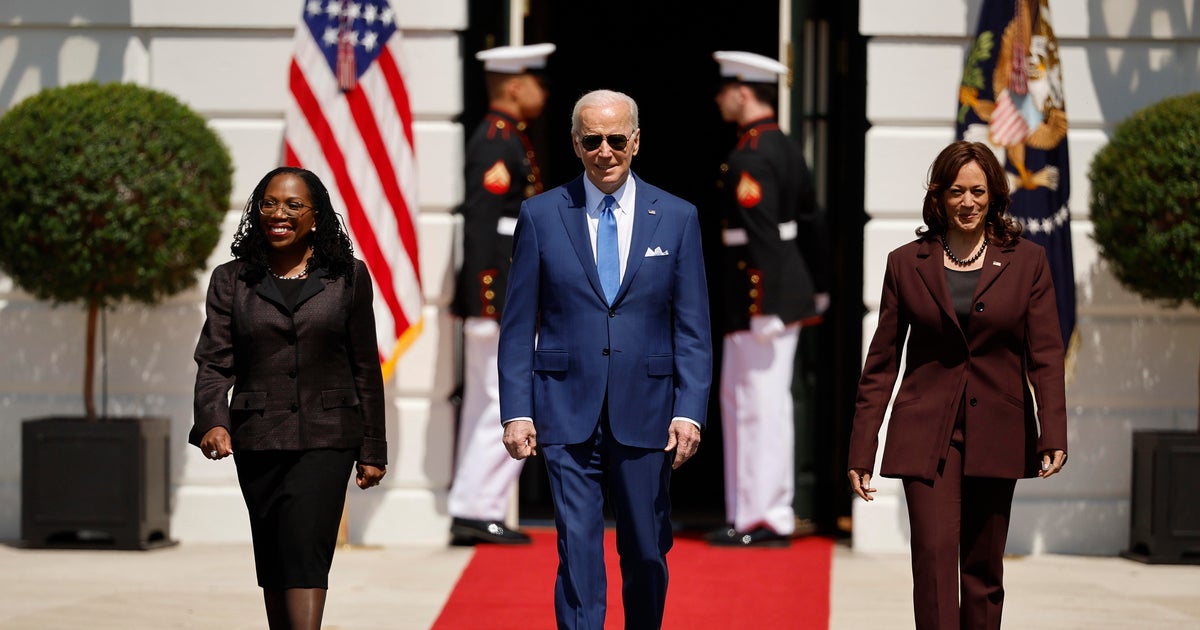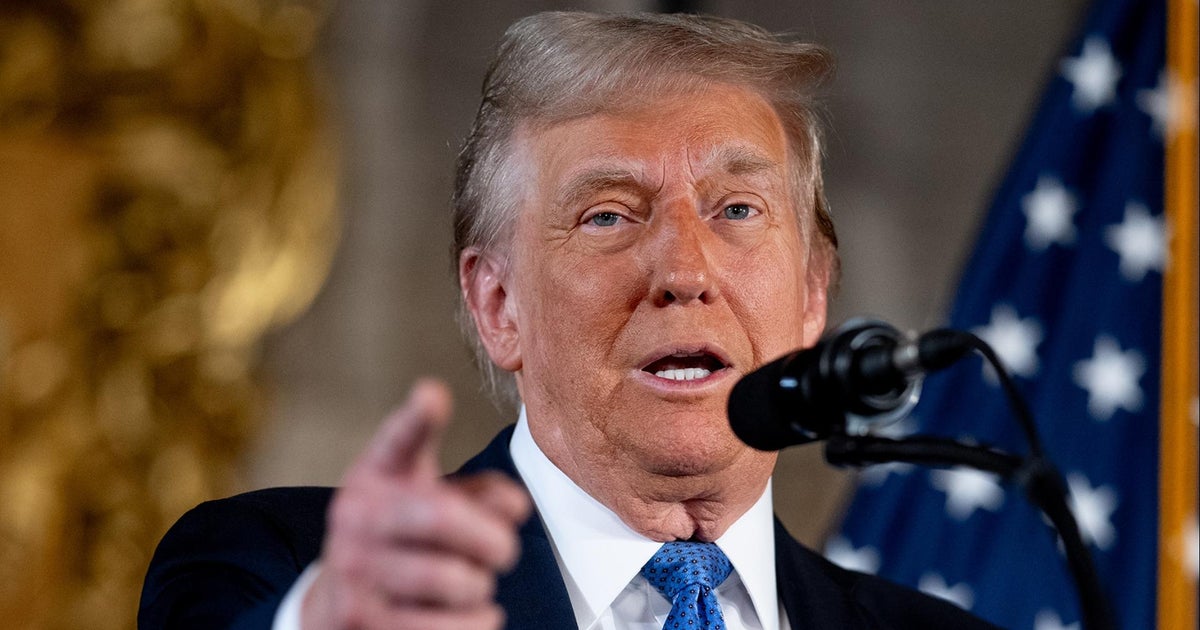Iran expert calls strike that killed Iranian general "stunningly" stupid and counterproductive
An expert on Iran called the U.S. airstrike that killed Iranian general Qassem Soleimani this week "stunningly" stupid and counterproductive.
"It was a stunningly, can I say, stupid and counterproductive move on the part of the United States. And we're going to pay the price of this, and the people of the Middle East will pay the price for this for years to come," said Barbara Slavin, director of the Future of Iran Initiative at the Atlantic Council, a think tank.
Soleimani was the head of Iran's elite Quds military force and one of the most powerful figures in the Islamic Republic. His death has led to vows of revenge from Iran and fears of an all-out conflict.
President Trump said Friday Soleimani "was plotting imminent and sinister attacks on American diplomats and military personnel," and that the action was taken "to stop a war," not start one.
Slavin said in an interview with "CBS This Morning: Saturday" that she sees winners and losers from the strike.
"Winners from this are ISIS, al Qaeda, Sunni fundamentalists that hate Iran as well as the United States, Russia, China, which will become more powerful in the Middle East," Slavin said, adding that this action would make it "untenable for American forces to stay in Iraq."
Slavin also alluded to Mr. Trump's impeachment.
"Killing Soleimani does nothing but feed Donald Trump's ego, and distract attention from other issues involving him, very temporarily," she said.
Slavin faulted Mr. Trump for pulling out of the Iran nuclear deal last year. "Donald Trump decided to leave a deal that was working."
She said, "Donald Trump started this cycle of escalation. If there is a war, it is Donald Trump's war."
In a briefing with reporters on Friday evening, a senior administration official said the strike against Soleimani was aimed at de-escalation. The Defense Department said earlier he was behind recent attacks on coalition bases in Iraq, including one on December 27 that killed an American defense contractor.
The official also said they did not expect retaliation for the strike, but did not say why.
"I'm just saying that weakness invites more aggression," the official said. "Timidity will invite more aggression."
"We're speaking in a language the regime understands," the official said.
National security adviser Robert O'Brien reiterated those points in a call with reporters Friday evening, saying the "defensive" attack on Soleimani was "designed to prevent further bloodshed" and was "fully authorized" under the 2002 Authorization for Use of Military Force Against Iraq Resolution.
O'Brien said the president and other senior administration officials have briefed members of Congress and will continue to do so when members of Congress return from recess next week.
Mr. Trump did not inform some key members of Congress ahead of the strike. Senator Mark Warner expressed disappointment that the president did not brief the Gang of Eight — a group of eight high-ranking congressional leaders from both parties — before it happened.
"I believe there was a threat. The question of the time and place of us taking action on that threat is something that is still subject to some debate," Warner said. "I think it would have been appropriate for the administration to brief congressional leadership before this action was taken ... The fact that they didn't, the fact they chose not to, I'm deeply disappointed in, and I will be urging them to do a briefing as soon as possible coming up next week."
Christina Ruffini and Rob Legare contributed to this report




